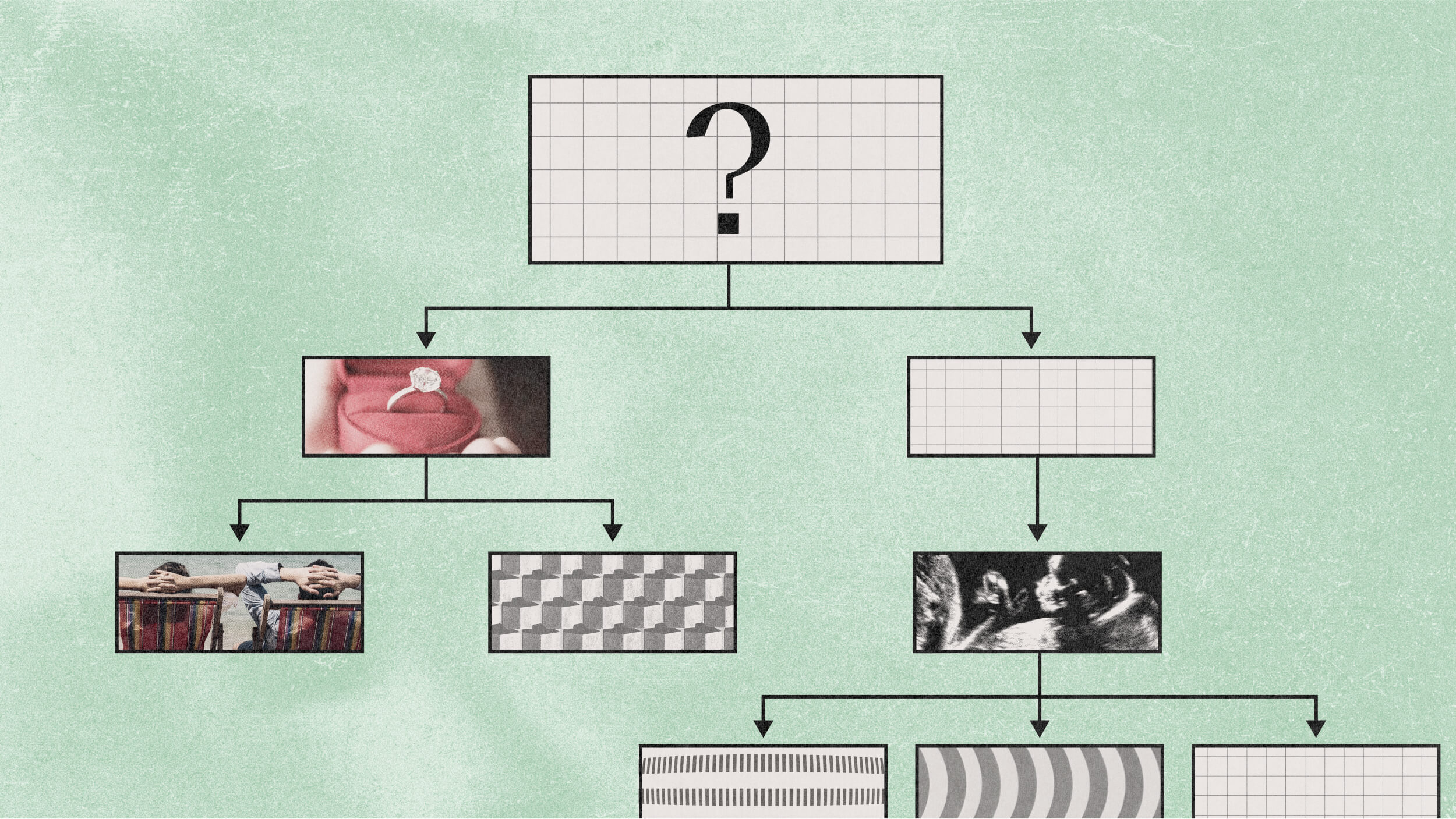The pros and cons of Peruvian raspberries.
Question: How has globalization changed the way we eat?
Jacques Pepin: Well it has changed it for both – you know, worse and better. I mean everything at the fingertip of your hand. Now you can get, you know, raspberry from Peru in January. When your eyes tell you that they are raspberries, often you palate doesn’t believe it because it is not the time of the year for raspberry. But it is true that now we are . . . And the process of ________, for example, or other process of handling the food will make it better and better so that we can have fresher and better product as new innovation and technology happen. So this is a plus. On the other hand, it seems that that globalization has taken a great deal out of . . . out of individual cooking; out of ethnicity; out of expression. And the food will be . . . or people would express themselves with the food of their own not only country, but their own village or their own small place in France where they live, you know? And that has kind of been damaged by this to a certain extent. I am positive, and I am an optimist in life. So I think that we are moving to a better thing; yet what we have to do more than anything else is to try to feed other people in the world. We have enough food in the world to feed the whole world. But it has to be distributed. It has to be taken there without lord or bandit in Africa and all of that, take a hold of that food and bargain with it while children are dying of hunger, you know?
Recorded on:09/04/2007






